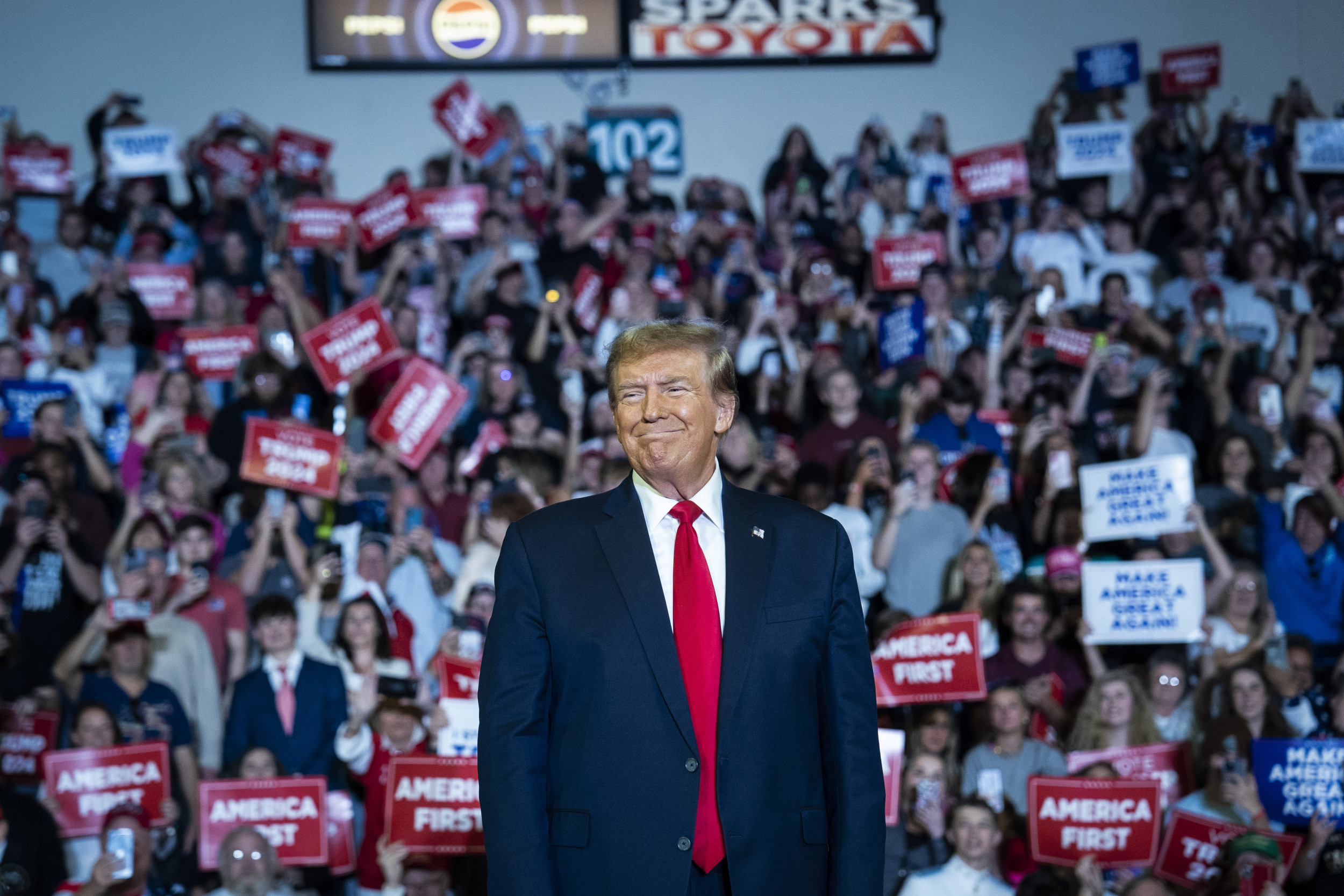Former Vice President Al Gore—now a Nobel Prize winner and the world's most prominent environmentalist—isn't looking for another job in Washington. But his eloquent warnings about the dangers of global climate change have obviously helped shape the priorities of the incoming Obama administration. Gore sat down with NEWSWEEK's Fareed Zakaria recently to talk about a bailout for Detroit, the greening of China and the elusive promise of "clean coal." Excerpts:
ZAKARIA: Would you bail out the carmakers?
GORE: Whatever assistance might be forthcoming should be focused on speeding the changes that are absolutely essential to ensure that our companies are competitive in the global marketplace. When I was vice president, I initiated a program called the Partnership for a New Generation of Vehicles. The federal government invested over a billion dollars in partnership with the Big Three to focus on the accelerated development of advanced high-efficiency vehicles. But as soon as they felt they were off the hook at the end of 2000, they pulled the plug and walked away.
How would you do it? Would you provide loans but force the automakers to raise fuel efficiency or speed up hybrid production?
I think the whole industry should be transformed. It's really tragic that General Motors, for example, allowed Toyota to get a seven-year head start on the hybrid drivetrain in the Prius. I personally believe that the U.S. auto fleet should make a transition as quickly as possible toward plug-in hybrid electric vehicles.
Oil prices have dropped to $50 a barrel. Are we back to the old cycle—oil gets cheaper, and demand for alternative energy dies?
I don't think we're going to fall for it this time. I was very impressed with the language used by president-elect Barack Obama in his "60 Minutes" interview. He said, This is our pattern: We go from shock to trance. After the Arab OPEC oil embargo of '73, and then the OPEC crisis of '79, when prices went up, we had this feeling of urgency. Then when the price goes back down, it dissipates quickly. We cannot allow ourselves to be vulnerable to that anymore.
You tried to raise the gasoline tax when you were vice president.
When I came in as vice president in 1993, I proposed a very large CO2 tax that would be offset completely by reductions in payroll taxes and an increase in the earned income tax credit. In terms of the total [government] revenue raised, it would be neutral. It wasn't a tax increase. But it would send a price signal that would help us get off our dependence on oil. It passed one house of Congress and then narrowly failed by one vote in the other house. It ended up, unfortunately, being only a small increase in the gasoline tax, which just made people mad and didn't really have any impact on the problem.
Should we try it again despite the economic downturn?
I don't think that's likely to happen, but that's my preferred alternative.
So you would put a tax on carbon, complemented by a tax cut for poor people?
Not only for poor people, but middle income people. We should tax what we burn, not what we earn. I understand why [my plan] is a very difficult lift for the American political system. There are other, indirect ways to put a price on carbon. The cap-and-trade system that president-elect Barack Obama is endorsing is also an effective way to go about it. I also think it's very significant, by the way, that China is now talking about its own domestic cap-and-trade legislation.
China and India have opted out of past agreements to curb carbon emissions. How would you convince the Chinas and Indias of the world that this is their problem, too?
China and India and other developing countries all have exactly the same excuse for not moving on the climate crisis. They say, the United States hasn't done anything. When the U.S. acts it will be by far the most effective way to improve the odds that China and India and other smaller developing economies will also act. They know that it's in their own interest to tackle this problem.
Yet China and India build a new coal-fired power plant every week.
Yes, but as the old saying goes, instead of cursing the darkness, light a candle. There is a lot of positive momentum in both India and China. China is now actively preparing a version of cap-and-trade legislation. Their top leaders appear to get it. They have the largest tree-planting program in the world. They are actively building solar and wind and exploring carbon capture and sequestration. They are not doing enough by a long shot [but] the way to encourage them to do more is … for the United States to take the lead.
What do you think of "clean coal" as a solution?
Many in the industry are proposing to go forward with the construction of thousands of new coal plants on the assumption that they will at some point be retrofitted with this technology that does not yet exist. There is not a single large-scale demonstration [clean coal] plant anywhere in the United States ... [The technology shows] some promise but it is not anywhere near a stage that justifies building new coal-fired generating plants.
So industry leaders are acting with unwarranted optimism, in order to build more coal plants immediately?
It's beginning to resemble something that the auto companies did for years. Every few years they would show the cars of the future that run on hydrogen or whatever. [They say] they're going to be magical and pollution-free and they put them in the showroom—but then they never build them. We cannot allow an illusion to be the basis of a strategy for human survival.
Uncommon Knowledge
Newsweek is committed to challenging conventional wisdom and finding connections in the search for common ground.
Newsweek is committed to challenging conventional wisdom and finding connections in the search for common ground.
About the writer
To read how Newsweek uses AI as a newsroom tool, Click here.








